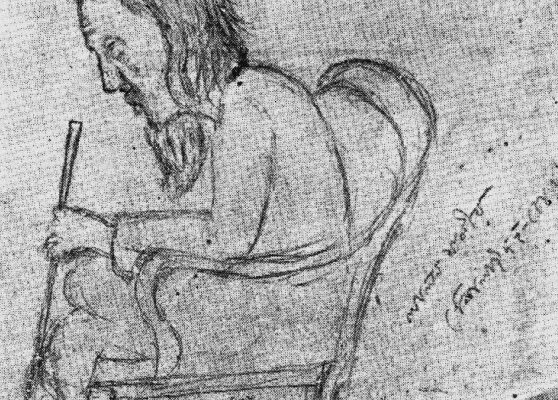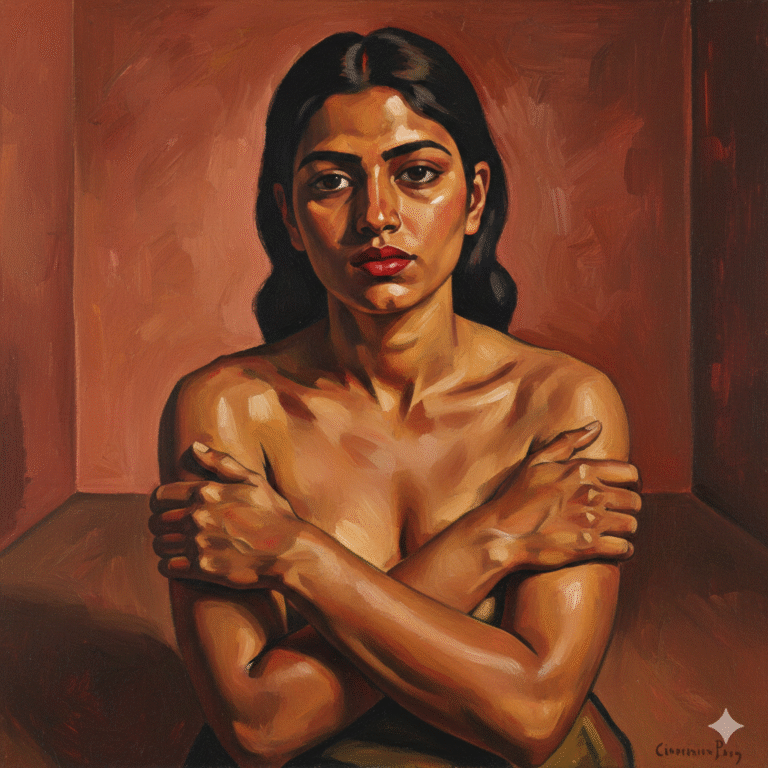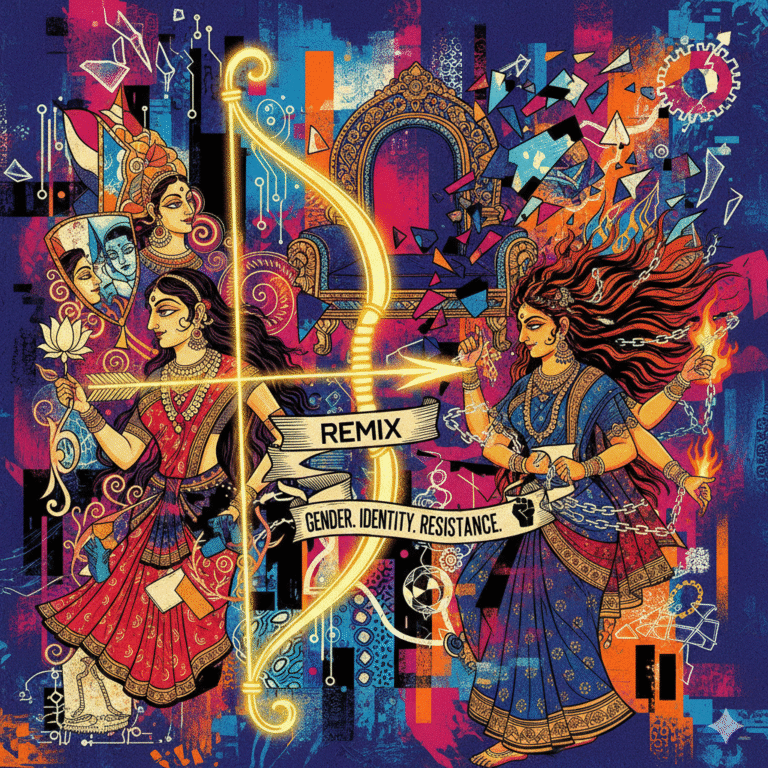by Anushree Ghosh
The oral virtues of humanity transcended time and space and became pop in contemporary times. With Coke Studio coming out with new fusion tunes – Classical, Folk, Sufi and Qawwali; the melodious sermons of the past are picking up fast with the common trends. This is what happened with Fakir Lalon Shah’s creations – ‘Moner Manush’, sung by Anupam Roy, it became an instant hit (at least amongst the Bengali-speaking audience.) The lyrics are simple yet effective where Moner Manush refers to the love for the divine.
Deconstructing the divine in Baul philosophy is not about reaching God but becoming one with nature, a state of equilibrium where the physical being is not discriminated against on any basis. ‘Bhokti’ is something that superimposes the spiritual attainment with the amorphous entity, to become one. To simplify, one can say that there are no strict tenets in the Baul philosophy as there is no concept of an absolute truth, which is again a matter of perception, remember the half-filled half-empty glass concept?
Fakir Lalon Shah
Fakir Lalon Shah is the most significant figure in the history of Baul tradition in Bangladesh and West Bengal, India. He composed more than 2000 musical pieces on love and life, the lyrics were simple yet thought-provoking. The Baul singers use a one-stringed instrument called ‘Ektara’ for the musical renditions and preach the ways of life that originate from humanity and peace. The teachings and ideologies of Lalon are spread by the Baul wanderers for ages now.
Lalon was born a Hindu and was married off at an early age. During his pilgrimage to the temple of Jagannath, he caught smallpox. His companions left him in that state, to be discovered in a semi-conscious state later by a Muslim woman Fakirani Motijaan Maa near the river Kaliganga in Kushtia. She belonged to a Muslim community in the village chheunriya. After recovering from the disease, Lalon headed back to his place, only to find that his family disowned him for taking help from a Muslim family. Lalon intentionally never revealed the details of his real family or anything that would have led anyone to his parents.
Lalon took a long time to get over the aftereffects of the disease and the trauma of abandonment; possibly, this is why he reached a state where spiritually none of these incidents mattered to him anymore. Glimpses of his spiritual attainments were to be heard in his words and compositions. His songs talked about the myriad forms of oppressions that mankind has created to rule over their counterparts, like casteism, communalism, and patriarchy; and he imagined a utopian world where human beings are considered as humans and nothing else. Poets like Kazi Nazrul Islam, Rabindranath Tagore and Allen Ginsberg promoted Lalon’s work in their ways.

He took Baulism to another dimension and helped place Baul at a prominent position in the Bangla folk tradition. By amalgamating the elements of Buddhism, Sufism and Vaishnava Hinduism, it is intriguing to note that Baulism is not a religion but a philosophy.

Today, thousands of people visit the shrine of Lalon Fakir in Kushtia, Bangladesh, and pay homage to the mystic saint. Visiting the place could surely give a sense of solace but, only if visiting the place would change the pride and greed in us as well. Like how the shrine will remain there forever, imagine how wonderful it’ll be if Lalon’s philosophy of life too can linger amidst the hustle-bustle of our lives. Wouldn’t it be beautiful to let go of that discrimination and enjoy humanity for once?









+ There are no comments
Add yours